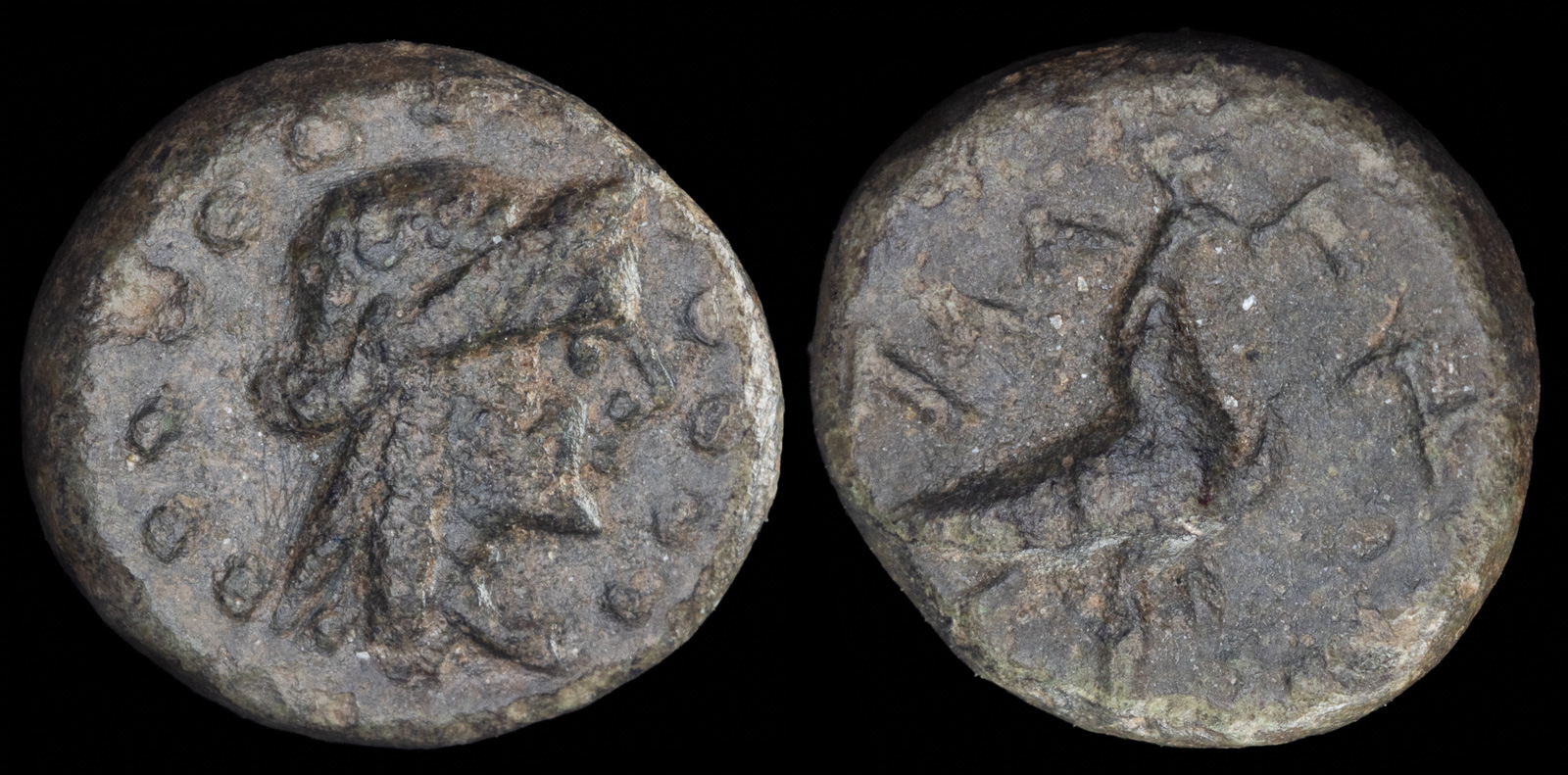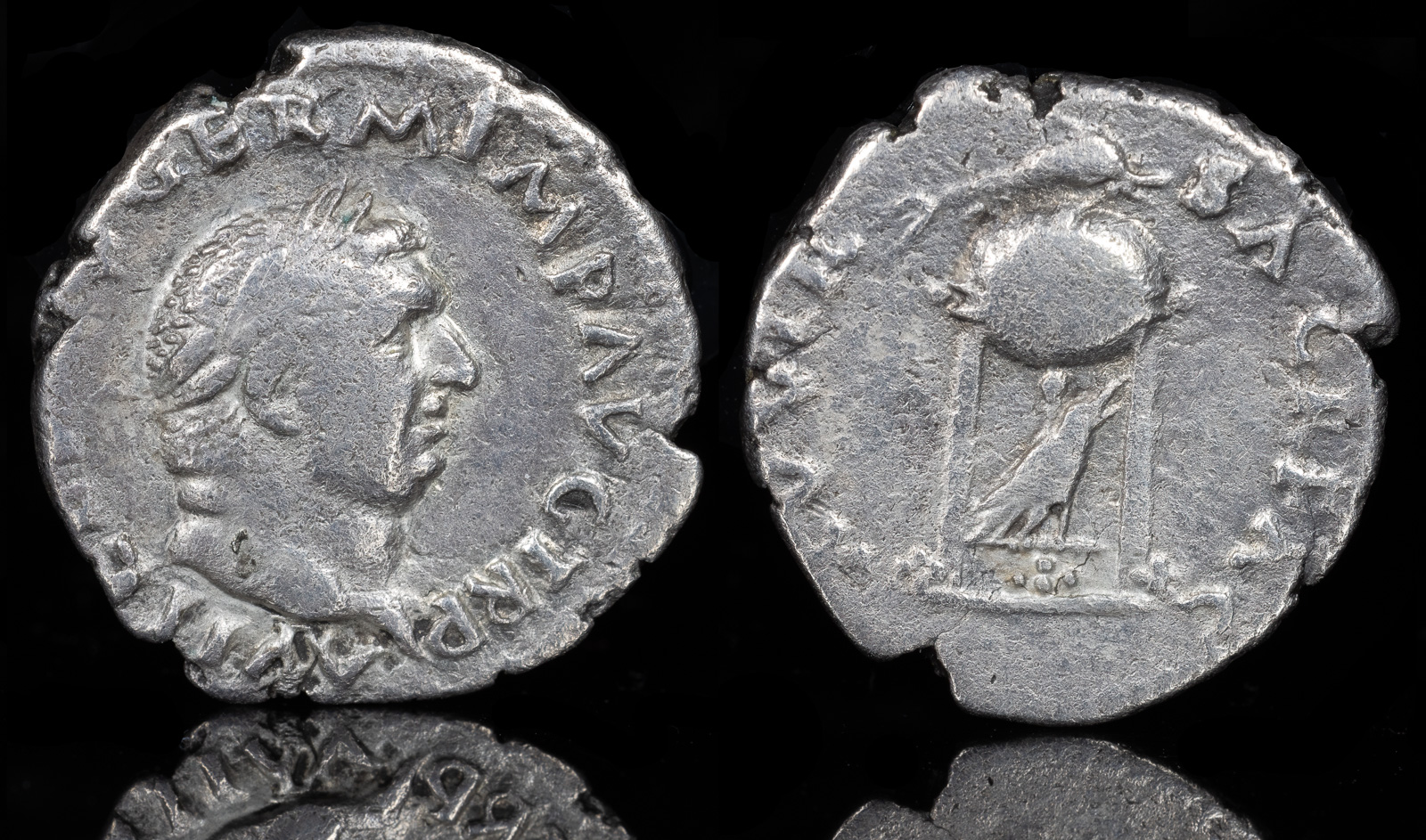Raven
View All Tags
One of the most important associations was with Apollo, the god of prophecy, music, and healing. According to myth, Apollo had a raven as his sacred bird, and it was believed to carry messages between the gods and mortals. The raven was often seen as an intermediary between the divine and human realms, a creature that could foresee the future and deliver omens. In some versions of the myth, Apollo turned the raven’s feathers from white to black as a punishment for delivering bad news, specifically when it reported that his lover, Coronis, had been unfaithful. The raven’s transformation from white to black thus became a symbol of prophecy, both the good and the bad.
Ravens were also associated with the Greek goddess Athena, who was the goddess of wisdom and strategic warfare. The bird’s keen eyesight and ability to observe and understand its surroundings made it a fitting symbol for Athena, embodying insight, intelligence, and a deeper understanding of the world. In fact, the raven was sometimes depicted alongside Athena on ancient coinage, underscoring their shared connection to wisdom and knowledge.
In addition, the raven had associations with death and the underworld, as it was a bird that could be found in dark and mysterious places. Its ominous call often signified an approaching death or an ill omen in the Greek worldview. This made the raven a bird tied to both fate and destiny, representing the inevitable and sometimes unsettling truths of existence.

Karia, Alabanda
Circa 150 BCE
AE 9mm 0.88g
Obv: laureate head of Apollo right
Rev: AΛABANΔEΩN, raven standing right
BMC 17 var. (ethnic); otherwise unpublished

Vitellius AR Denarius
Rome, 69 CE
2.62g, 18mm, 6h.
A VITEL[LIV]S GERM IMP AVG TR P, laureate head to right / XV VIR SACR FAC, tripod-lebes surmounted by dolphin, raven standing to right below
RIC I 109; BMCRE 39; RSC 111